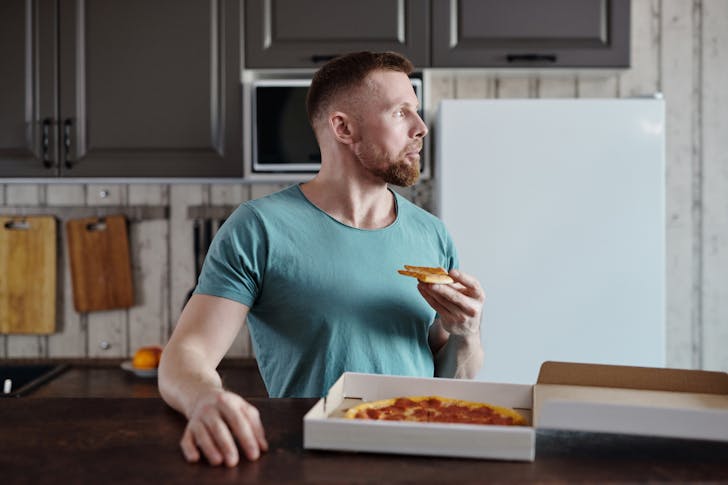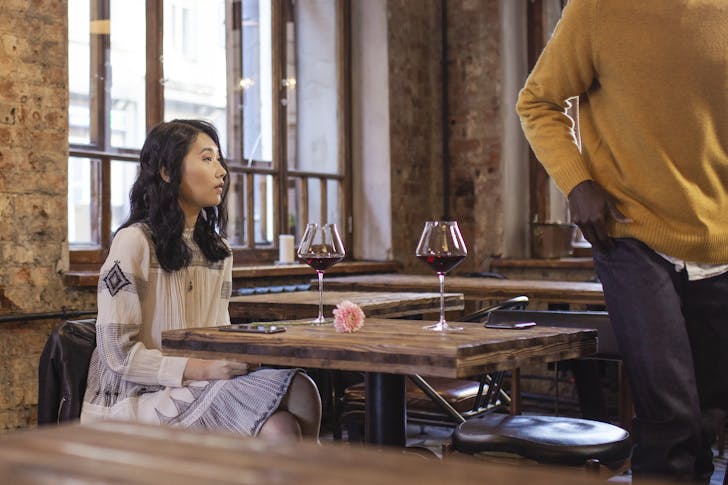Happiness is harder to come by these days - especially for young people. The latest World Happiness Report says Americans under 30 are feeling more isolated, and eating alone could be a major part of the problem. It is not just a personal choice anymore. Instead, it is a trend that is growing fast, and it might be hurting more than we think.
In 2023, one in four Americans ate all their meals alone in a single day. That is a 53% jump from just two decades ago. But here is what is even more alarming: among 18- to 24-year-olds, over 25% reported eating all their meals solo.
The Link Between Sharing Meals and Happiness
Happiness doesn't live in isolation. Countries where people eat meals together report stronger social support and lower loneliness. That is a big clue. Sharing a table is not just about the food. It is about connection, belonging, and routine. Those things matter more than we realize.

Norma / Pexels / Unlike the world’s happiest countries like Finland and Denmark, Gen Zs in the U.S. dine solo.
Eating together is bonding. You laugh. You talk. You listen. Even silent meals have a rhythm that feels safe and familiar. When we take that away, it chips at the joy of everyday life. And when it happens again and again, it starts to feel normal - even when it is not.
Gen Z and the Loneliness Spike
Young people, especially Gen Z, are feeling the shift the most. They are dealing with a lot: debt, job stress, high rent, and social pressure. Now toss loneliness into that mix, and you have got a real problem. The World Happiness Report found that in 2023, 19% of young adults said they had no one they could count on. That number is up 39% since 2006.
That kind of isolation doesn’t just mess with your mood. It messes with your brain and body. Over time, chronic loneliness can raise your stress levels, weaken your immune system, and even affect your heart health. Eating alone may not seem like a big deal, but it adds up.
It Hurts More Than You Think
Happiness needs people. And regular social habits - like sharing meals - help build that. When those habits fade, people start to feel less grounded. They might scroll more, work late, or numb out with distractions. But none of that replaces real connection.

Cotton Bro / Pexels / Even older people are now eating alone more often. But the emotional hit seems to land hardest on young adults.
Maybe it is because they are still building their identity, careers, and networks. Or maybe it is because they were raised in a more digital-first world. Either way, the numbers are clear - and the drop in happiness is real.
Eating Alone Is Becoming Normal & That is a Problem
It used to be common to eat at least one meal a day with someone else. Now, with busy schedules, remote jobs, and the rise of food delivery, shared meals are disappearing. And not slowly. In just 20 years, solo eating has gone from occasional to default for a huge chunk of Americans.
What we are losing is not just time together. It is emotional maintenance. Meals help regulate more than hunger. They offer moments to check in, laugh, vent, and pause. When those moments vanish, happiness starts to slip without anyone noticing.
